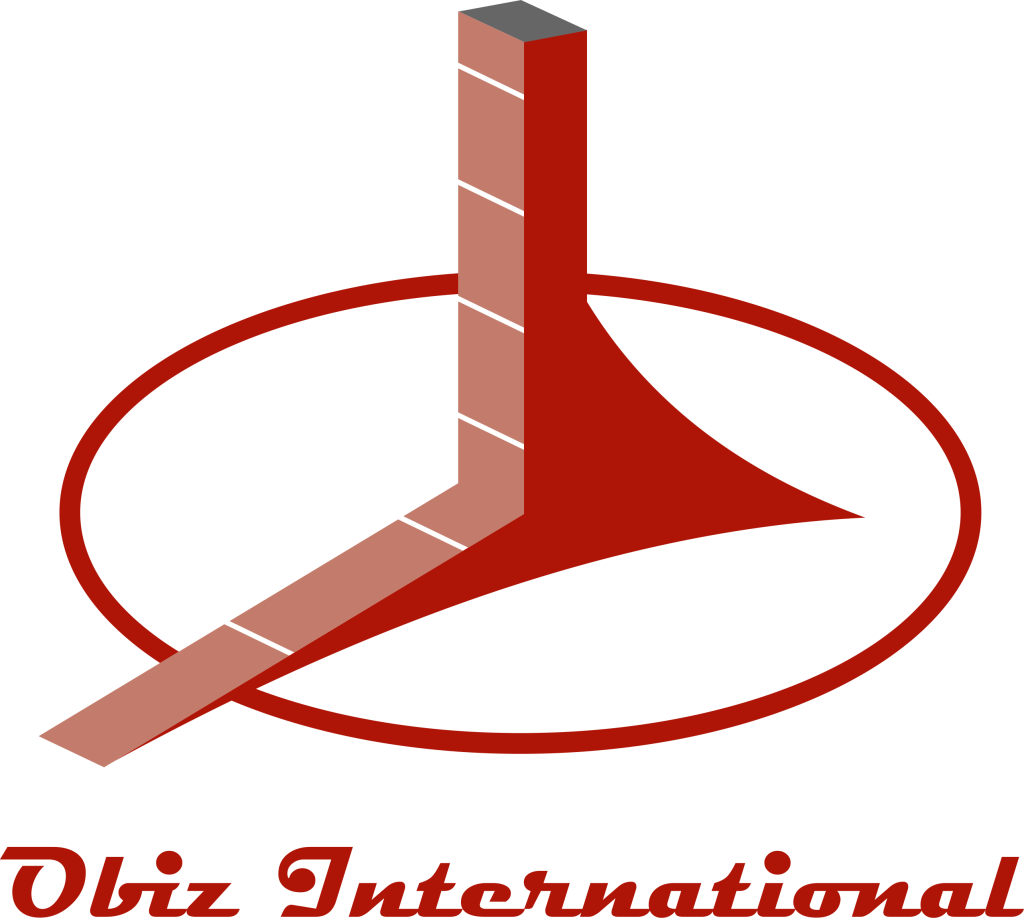In our fast-paced world, traversing across time zones is inevitable, yet it brings forth a formidable adversary known by many names – the relentless effects of temporal displacement. This phenomenon, often referred to as the rhythmic disturbance or chronal disarray, disrupts our body’s internal clock, leading to a myriad of physiological and psychological struggles.
The Struggle Against Time: As we embark on journeys spanning continents or simply adjust to daylight saving transitions, our bodies grapple with the abrupt shift in temporal harmony. The intricate balance between light and darkness, activity and rest, is disturbed, leaving us vulnerable to the merciless grasp of jet lag.
Unlocking Adaptation: However, amidst this discord lies the potential for mastery. Through strategic interventions and mindful practices, one can navigate the turbulent currents of time shifts with finesse and resilience. Harnessing the power of science, psychology, and self-awareness, we embark on a journey towards reclaiming temporal equilibrium and embracing the boundless horizons beyond.
Optimizing Your Body Clock for Travel: Combatting Jet Lag
Adjusting to a different time zone can disrupt your natural rhythm, leading to the infamous phenomenon known as jet lag. However, there are effective strategies to minimize its impact and optimize your body clock for seamless travel experiences.
Understanding Your Circadian Rhythm: Before delving into combatting jet lag, it’s crucial to comprehend the intricacies of your body’s internal clock. Your circadian rhythm regulates various physiological processes, including sleep-wake cycles, hormone production, and body temperature.
Syncing with Destination Time: Synchronizing your activities with the local time at your destination helps in gradually adjusting your body clock. Initiating this synchronization before departure through strategic sleep and meal timing can ease the transition upon arrival.
Strategic Light Exposure: Light serves as a potent cue for regulating your circadian rhythm. Exposing yourself to natural sunlight or artificial bright light at specific times can help realign your body clock with the new time zone.
Optimizing Sleep Hygiene: Prioritizing quality sleep is paramount for mitigating jet lag effects. Establishing a relaxing pre-sleep routine, maintaining a comfortable sleep environment, and practicing good sleep hygiene practices contribute to better rest and quicker adjustment.
Hydration and Nutrition: Proper hydration and balanced nutrition play significant roles in supporting your body’s adaptation to a new time zone. Avoiding excessive caffeine and alcohol intake, staying hydrated, and consuming light, nutrient-rich meals facilitate the adjustment process.
Strategic Napping: Strategic napping can be a valuable tool in managing fatigue and enhancing alertness during travel. Short naps strategically timed can help bridge the gap between sleep deficits and optimal functioning in a new time zone.
Physical Activity: Engaging in moderate physical activity can aid in combating fatigue and promoting better sleep quality. Incorporating exercise into your travel itinerary can assist in regulating your body clock and reducing the impact of jet lag.
Patience and Flexibility: Finally, be patient and flexible with yourself as you adjust to the new time zone. Recognize that adaptation takes time and may vary from person to person. Embracing a positive mindset and maintaining adaptability will facilitate a smoother transition.
For further insights on efficient travel planning and preparation, check out this resource.
Strategies to Adjust Sleep Patterns Naturally
Exploring methods for harmonizing with new time zones involves employing natural techniques that assist in synchronizing one’s internal body clock with the external environment. These approaches aim to facilitate a seamless transition into the local time rhythm without resorting to artificial aids or pharmaceutical interventions.
One effective strategy revolves around regulating exposure to natural light, leveraging the power of daylight to recalibrate circadian rhythms. Another avenue involves optimizing sleep hygiene practices, emphasizing consistent bedtime routines and creating an environment conducive to restorative sleep.
Furthermore, incorporating strategic napping can serve as a supplementary tool in realigning sleep patterns, provided it’s executed judiciously to avoid disrupting nocturnal sleep cycles. Additionally, engaging in moderate physical activity at appropriate times can stimulate alertness during waking hours while promoting deeper sleep at night.
Moreover, mindful attention to dietary choices plays a pivotal role in supporting the body’s adjustment to new time zones. By selecting foods that enhance relaxation and avoiding stimulants close to bedtime, individuals can facilitate smoother transitions and minimize the disruptive effects of jet lag.
Lastly, cultivating a mindset of flexibility and patience proves invaluable in navigating the challenges of adapting to unfamiliar time zones. Embracing these natural strategies with a proactive and adaptable approach can significantly mitigate the impact of jet lag, enabling travelers to swiftly acclimate and fully enjoy their experiences in new destinations.
Utilizing Technology for Jet Lag Management
Harnessing the power of modern technological advancements can greatly aid in combating the effects of jet lag. In this segment, we delve into innovative methods and tools designed to mitigate the disruptions caused by time zone transitions. Through strategic utilization of digital solutions, travelers can enhance their ability to adapt swiftly to new environments and minimize the impact of jet lag on their well-being.

